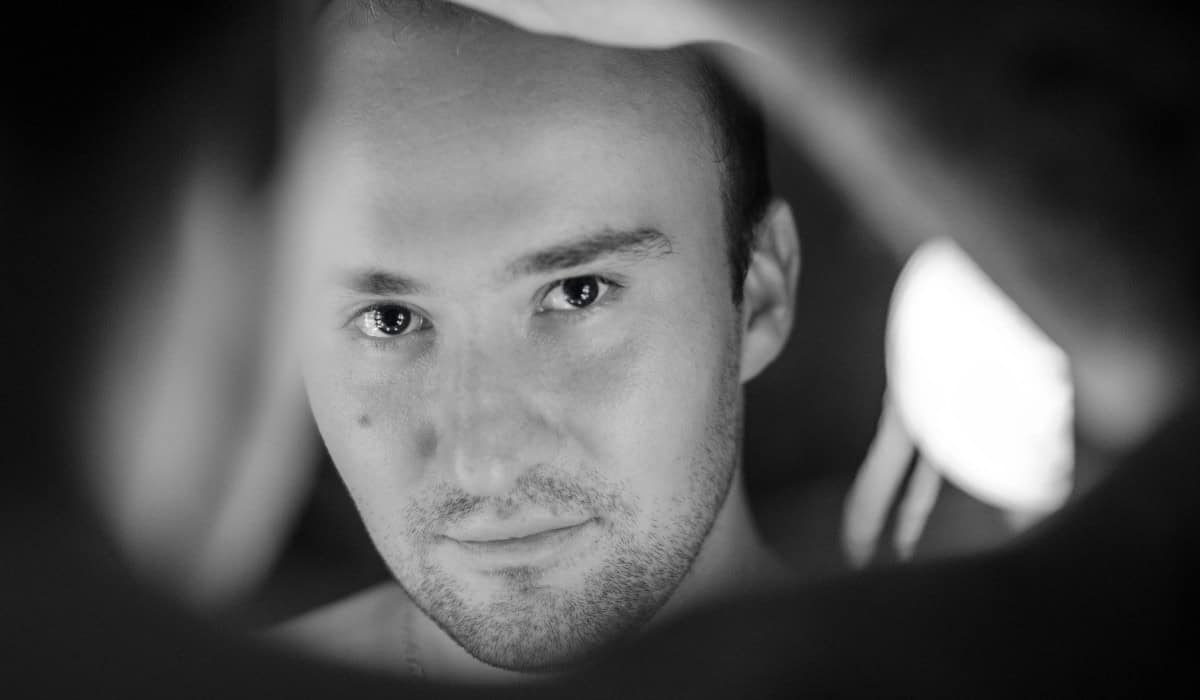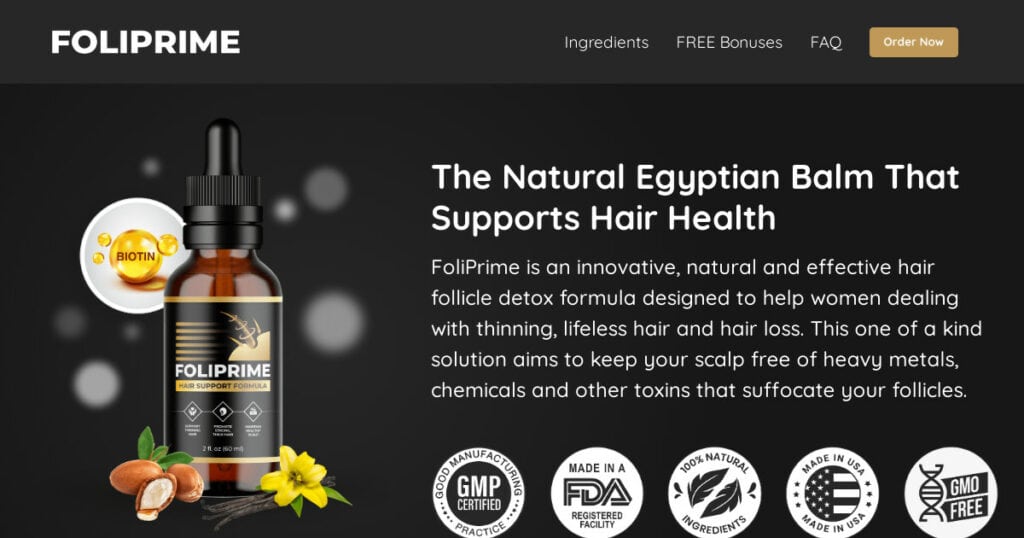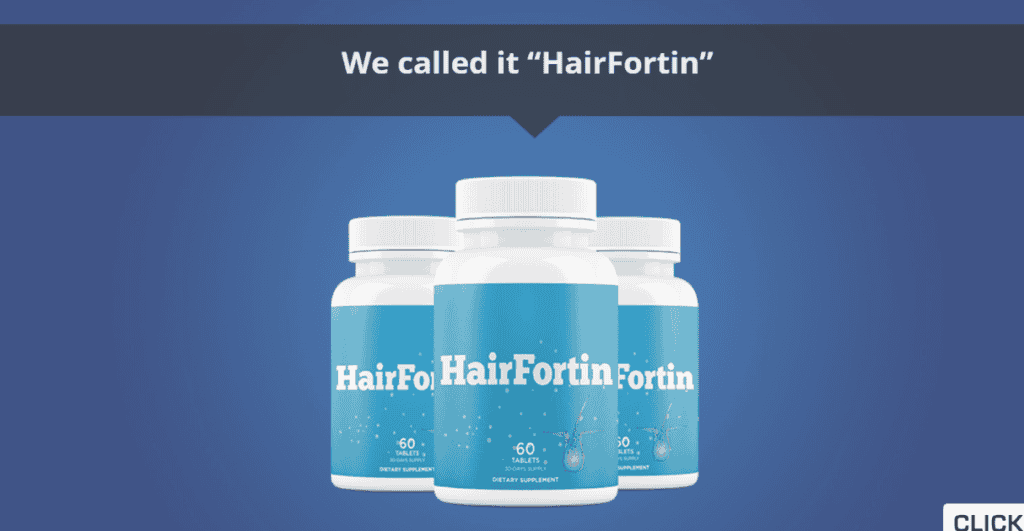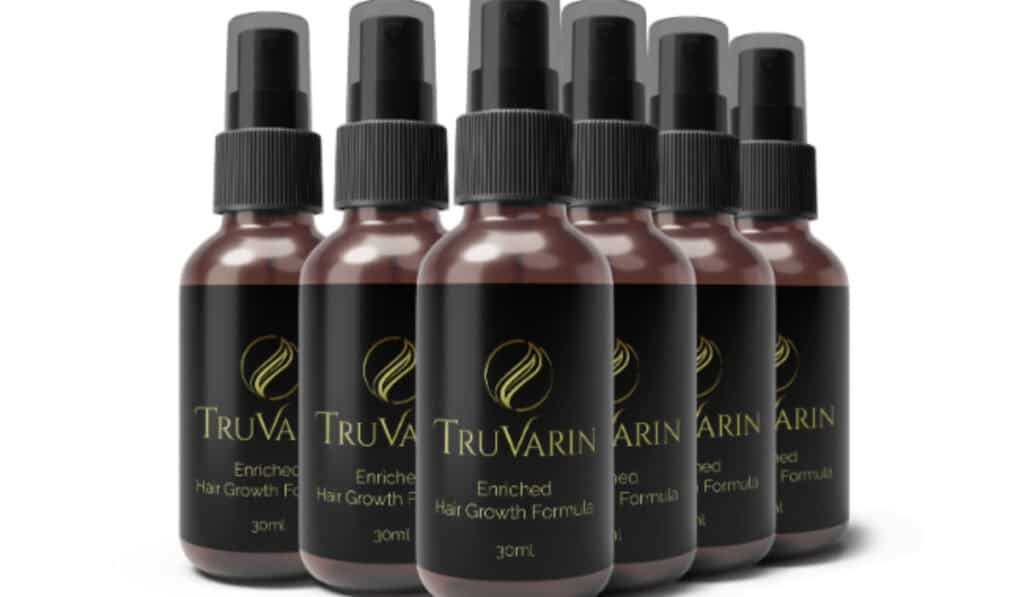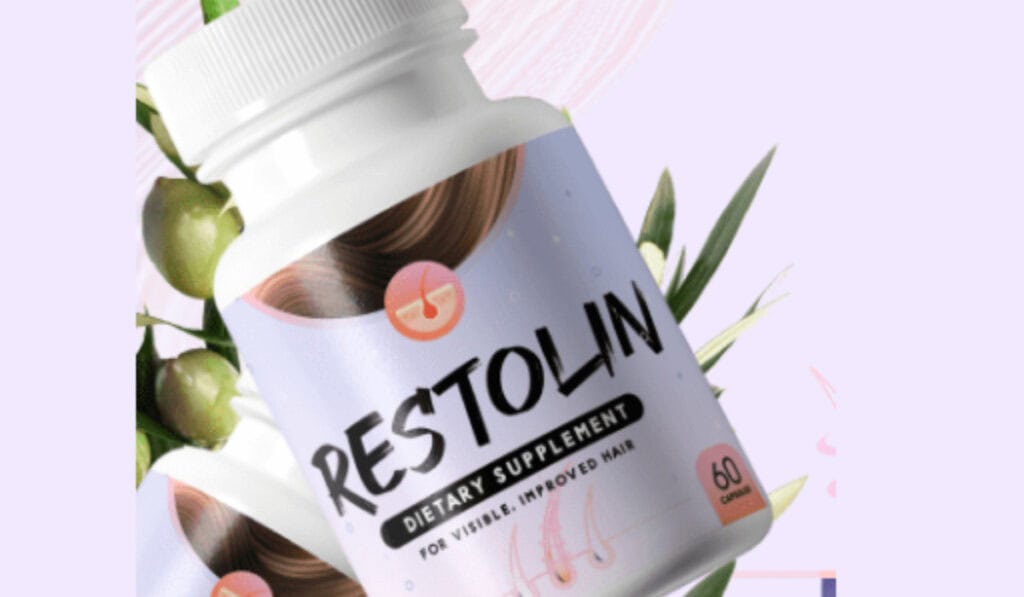A Comprehensive Guide
Biotin plays a crucial role in maintaining the health of your hair, skin, and nails. It’s a key nutrient that supports your body in converting food into energy and has been linked to improvements in hair strength and growth. For healthy individuals, understanding the benefits of biotin can be the first step toward achieving luscious locks and robust nail health. Clinical trials continue to explore the extent of these benefits, shedding light on how biotin contributes to overall well-being.
The journey to healthier hair and nails doesn’t have to be complicated. By integrating biotin-rich foods into your diet or considering supplementation when necessary, you can take a proactive approach to your hair and nail health. Whether you’re looking to combat hair thinning or simply aiming for stronger nails, biotin could be the missing piece in your wellness puzzle. Let’s dive into the basics of biotin and discover how this vital nutrient can enhance your hair health and beyond.
Understanding Biotin and It’s Importance
Biotin is a water-soluble vitamin that’s part of the B-vitamin family. It plays an essential role in the health of your hair, skin, and nails by assisting your body in converting food into energy. Understanding the importance of biotin is fundamental for anyone looking to improve their hair health or address deficiencies that may affect their overall well-being. As a water-soluble vitamin, biotin is excreted through urine, which means your body doesn’t store it, and you need a steady intake to maintain its benefits.
What Is Biotin?
Biotin is a powerhouse when it comes to promoting healthy hair growth and enhancing nail strength. It’s known for its role in keratin production, a protein that is crucial for the structure of hair and nails. The benefits of biotin extend to helping maintain stable blood sugar levels, which is important for the overall health of your body. If you’re aiming for strong, healthy hair and nails, incorporating biotin into your diet could play a key role.
The Role of Biotin in the Body
As a water-soluble vitamin, biotin is a vital nutrient that supports your body in several ways. It aids in the metabolism of fats, carbohydrates, and proteins, which is essential for converting food into energy. Biotin’s role doesn’t stop there; it also contributes to healthy skin, hair, and nails, proving its importance in your overall health. Ensuring you have enough biotin in your diet can support your body’s natural functions and promote well-being.
Biotin and Hair Growth: The Connection
The connection between biotin and hair growth is well-documented, with biotin playing a pivotal role in producing keratin. This relationship is key for anyone looking to improve the health and appearance of their hair. By supporting keratin production, biotin helps in strengthening the hair follicles, promoting healthy hair growth, and potentially reducing hair loss. Incorporating biotin into your regimen could be beneficial for achieving the lush, healthy hair you desire.
Identifying Biotin Deficiency
Recognizing the signs of biotin deficiency is crucial for addressing this issue before it affects your hair and overall health. A lack of sufficient dietary intake can lead to poor biotin absorption and utilization in the body.
Symptoms of Biotin Deficiency
Signs of biotin deficiency include hair thinning, skin rashes, and brittle nails. These symptoms of biotin deficiency can be a call to action to reassess your dietary habits. Consuming raw egg whites over a long period can also lead to deficiency, as a protein in egg whites binds biotin and prevents its absorption. If you’re experiencing these symptoms, consulting with a healthcare provider can help determine your levels of biotin and if you’re at risk of biotin deficiency. Conditions like ulcerative colitis, which affect gut bacteria, can also impact biotin levels, highlighting the importance of a balanced gut for optimal nutrient absorption.
Who May Be at Risk for a Deficiency
Anyone concerned about their biotin absorption should consider consulting a healthcare provider, especially if they’re experiencing symptoms of deficiency.
Individuals with Biotinidase Deficiency
In the United States and many other countries, newborns are screened for biotinidase deficiency, an autosomal recessive disorder. This condition prevents the body from releasing free biotin, making it critical to identify early to avoid complications. Screening at birth helps ensure those affected can receive immediate treatment to mitigate risks associated with the disorder.
Individuals with Chronic Alcohol Exposure
Chronic alcohol exposure can significantly impact your health, including reducing plasma biotin levels. Alcohol inhibits the absorption and processing of biotin, which can exacerbate the risk of deficiency. For individuals with chronic alcohol exposure, monitoring biotin intake and considering supplementation may be necessary to counteract these effects.
Pregnant and Breastfeeding Women
Pregnant and breastfeeding women have increased biotin needs, making it essential to ensure adequate biotin intake during these periods. Even though biotin deficiency is rare, the demands of pregnancy and breastfeeding can deplete your body’s biotin stores, making it important to focus on maintaining normal biotin levels for both mother and child’s health.
Does Smoking Cause Biotin Deficiency?
Smoking may indeed have an impact on the levels of biotin in your body. When you smoke, your body goes through lots of stress, and this can affect how well your body absorbs vitamins and nutrients from your well-balanced diet. While direct evidence linking smoking solely to biotin deficiency is limited, it’s clear that smoking can contribute to overall poor health, which might indirectly lower the levels of biotin and other important nutrients needed for your body to function at its best.
Sourcing Biotin Naturally
Incorporating biotin into your diet naturally is beneficial for maintaining healthy hair growth and enhancing nail strength. Foods rich in biotin play a role in supporting your body’s keratin production, which is essential for your hair and nails. Biotin also helps regulate blood sugar levels, contributing to your overall well-being. One easy way to get more biotin is by eating egg yolks, which are not only delicious but also packed with this vital nutrient. A balanced diet including biotin-rich foods can support your body’s natural health processes.
Biotin-Rich Foods
For those looking to boost their intake of biotin, certain foods stand out as excellent sources. Beef liver and sweet potatoes are packed with this vital nutrient, offering a natural way to increase your levels of biotin. While the recommended daily intake of biotin is 30 mcg for adults, incorporating these foods into your meals can help you meet your needs without much effort. For added convenience, some shampoos and conditioners also contain biotin, aiming to nourish your hair directly at the roots, as indicated in table 2 of nutritional guides.
Daily Needs and Integrating Biotin into Your Diet
Understanding your body’s daily needs for biotin and integrating it into your diet can be straightforward. A well-balanced diet, including a variety of biotin-rich foods, can help you meet the recommended daily intake effortlessly. Regularly consuming foods like eggs, nuts, and whole grains can keep your biotin levels in check. If you’re curious about how to incorporate these foods into your meals effectively, consider consulting dietary guidelines or a nutritionist for personalized advice.
Biotin Supplementation
Considering biotin supplements may be beneficial for individuals who struggle to meet their biotin needs through diet alone.
When to Consider Biotin Supplements
If you’re experiencing signs of biotin deficiency or your diet lacks biotin-rich foods, supplements may be a good option.
Recommended Intakes
The dietary reference intakes suggest that healthy individuals should aim for a daily biotin intake of 35 mcg, as shown in table 1. This guideline helps ensure that your body receives enough biotin to support its essential functions, including hair health and metabolic processes. Meeting these recommendations through diet or supplementation can play a crucial role in maintaining your overall well-being.
Dosage and Safety Considerations
When considering biotin supplementation, it’s crucial to pay attention to dosage and safety. While biotin is generally considered safe, taking high doses of biotin without a healthcare provider’s guidance can lead to unexpected side effects or interfere with certain lab tests. Always consult with a healthcare professional before starting any new supplement regimen, especially if you’re taking other medications or have underlying health conditions.
Health Risks from Excessive Biotin
While supplementing with biotin is generally considered safe, it’s possible to have too much of a good thing. High biotin intake, far above the daily recommended amounts, can lead to adverse effects. Unlike cases of inadequate biotin, which are rare and lead to hair loss and skin issues, excessive biotin can cause skin rashes, digestive upset, and problems with insulin release. It’s vital to balance your biotin intake to avoid these potential health risks.
Biotin’s Impact on Hair Health
Biotin plays a key role in the health of your hair, contributing to its strength, growth, and overall appearance. While many people turn to biotin for hair growth, it’s also important to note its effects on skin and nail health. This vitamin is part of the B-complex vitamins, which are essential for energy metabolism and the creation of new cells, including those in your hair follicles. An adequate biotin intake can help maintain hair health and support the growth of healthier, stronger hair.
How Biotin Contributes to Hair Growth
Biotin is an essential nutrient that helps promote hair growth by aiding in the production of keratin, a protein that makes up much of your hair. A 2012 study focused on women with self-perceived thinning hair found that supplements contained biotin significantly improved hair growth. The intake of biotin, along with other nutrients like vitamin C, plays a crucial role in strengthening the hair shaft and promoting overall hair health. This makes biotin a key component in many hair care regimens.
Realities of Biotin and Hair Loss Prevention
While biotin is widely touted for its ability to prevent hair loss, it’s important to have realistic expectations. Biotin deficiency is rare, and for healthy individuals with a balanced diet, taking biotin supplements might not make a noticeable difference in hair growth. However, for those with a diagnosed deficiency, supplementing with biotin can significantly impact hair health. It’s always a good idea to consult with a healthcare provider before starting any new supplement regimen.
Beyond Hair: Biotin’s Other Health Benefits
Biotin doesn’t just benefit your hair; it has several other health perks. It’s been medically reviewed and identified as a growth supplement that also strengthens nails and enhances skin health. Biotin plays a part in converting food into energy, which is vital for maintaining overall health. Its role extends beyond cosmetic benefits, contributing to the proper functioning of the nervous system and affecting glucose metabolism. This makes biotin a valuable nutrient for your body’s overall wellness.
Strengthening Nails
Clinical trials have shown that biotin can significantly improve nail strength. Individuals with brittle or weak nails may find that increasing their biotin intake, either through diet or supplementation, can lead to thicker, stronger nails. This effect is due to biotin’s role in keratin production, the structural protein in nails, similar to its role in hair health. Consistent intake of biotin can result in noticeable improvements in nail firmness and durability.
Enhancing Skin Health
Biotin’s benefits extend to the skin as well, where it supports the maintenance of a healthy complexion. Adequate biotin levels are associated with a reduction in skin rashes and a healthier skin appearance overall. Since biotin is involved in fat metabolism, it plays a part in maintaining the skin’s moisture and barrier function. This can be particularly beneficial for individuals with dry or sensitive skin, offering a pathway to improved skin health through nutrition.
Potential Side Effects and Interactions
Understanding the possible side effects and interactions of biotin is crucial for safe supplementation.
Understanding Biotin Side Effects
Although taking biotin supplements is generally safe, there are possible side effects, especially with high doses. These can include skin rashes, digestive upset, and changes in insulin release. For those using biotin for hair growth, it’s important to stay within the recommended dosages to minimize risks. Furthermore, effects of biotin that exceed the recommended daily intake could potentially lead to erroneous lab test results, highlighting the importance of moderation.
Interactions with Laboratory Tests
High doses of biotin can interfere with certain lab tests, leading to inaccurate results. This is because some lab tests use biotin in their assays, and patients taking large dose of biotin may have decreased levels of certain markers due to this interference. Even a single high dose of biotin can affect lab results, making it important for patients to inform their healthcare provider about their biotin intake before undergoing blood tests.
Interactions with Medications
Monitoring one’s biotin status is important, especially when taking certain medications.
Anticonvulsants
Anticonvulsant medications can affect biotin status in the body, potentially leading to a deficiency. These medications can interfere with biotin absorption and metabolism, making it crucial for individuals on anticonvulsants to monitor their biotin levels. In some cases, supplementation may be recommended to ensure adequate biotin status, under the guidance of a healthcare professional.
The Bottom Line on Biotin for Hair Health
Biotin has garnered attention for its role in maintaining and improving hair health. Clinical trials have shown that for healthy individuals, adequate biotin intake supports hair growth, strength, and overall hair quality. While supplementation can benefit those with a deficiency, it’s important to approach biotin use with realistic expectations and to consult a healthcare provider. Balancing biotin intake through diet or supplements can contribute to healthier hair, nails, and skin, showcasing the nutrient’s broad range of benefits.
Summarizing Biotin’s Role in Enhancing Hair, Nail, and Skin Health
Biotin plays a significant role in the health of your hair, nails, and skin. By supporting keratin infrastructure, it promotes stronger hair and nails, while also enhancing skin health. Adequate intake of this vitamin is key to reaping these benefits, whether through diet or supplementation. For those looking to improve their hair, nail, and skin health, paying attention to biotin intake is a step in the right direction.
Navigating the World of Biotin Supplementation: Key Takeaways
When considering biotin supplementation, it’s crucial to understand the appropriate doses of biotin, potential interactions, and how to safely integrate it into your routine. Biotin shampoo and other topical products may also support hair growth and thickness, offering additional options for those seeking to improve their hair health. However, it’s important to note that national academies and the Institute of Medicine provide guidelines on biotin intake to prevent excessive consumption, which can inhibit biotin metabolism and lead to issues like increased urinary excretion of 3-hydroxyisovaleric acid. Always consult healthcare professionals for personalized advice, ensuring your approach to biotin supplementation leads to the desired clinical improvement in hair, nail, and skin health, as supported by research findings like those in J Dermatol and studies on western populations.

